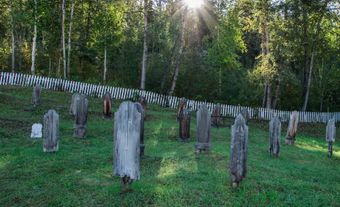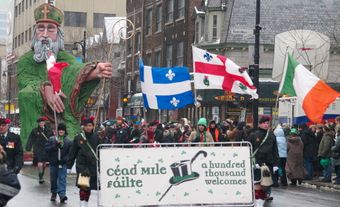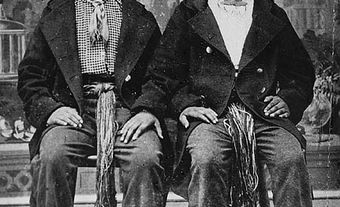
This treatment fired the popular imagination and gave rise to many legends and myths (see Oral literature in French). Following the discovery about 1850 of an iron cage near the Lauzon cemetery, the oral traditions about the incident were transferred into literature by Philippe Aubert de Gaspé in Les Anciens Canadiens (1863). Several other authors, notably Louis Fréchette, Sir James MacPherson Lemoine and William Kirby, elaborated on the legend by adding imaginary crimes and gruesome details.
Other embellishments include the number of husbands killed (2 to 7), her dissolute life and her haunting of various places. In 1981 Andrée LeBel published the historical novel La Corriveau. The legal aspects of her case are discussed in F. Murray Greenwood and Beverley Boissery's Uncertain Justice: Canadian Women and Capital Punishment 1754 - 1953 (2000).

 Share on Facebook
Share on Facebook Share on X
Share on X Share by Email
Share by Email Share on Google Classroom
Share on Google Classroom


